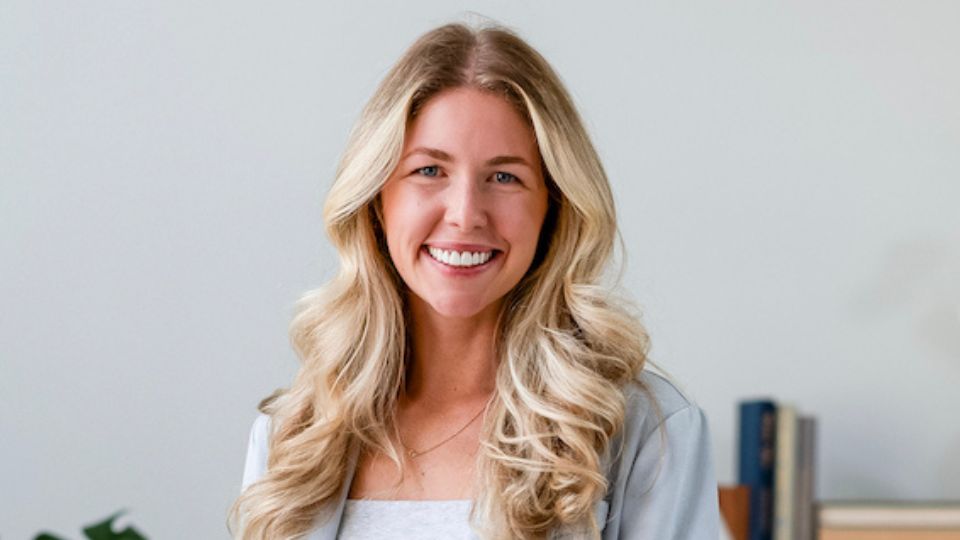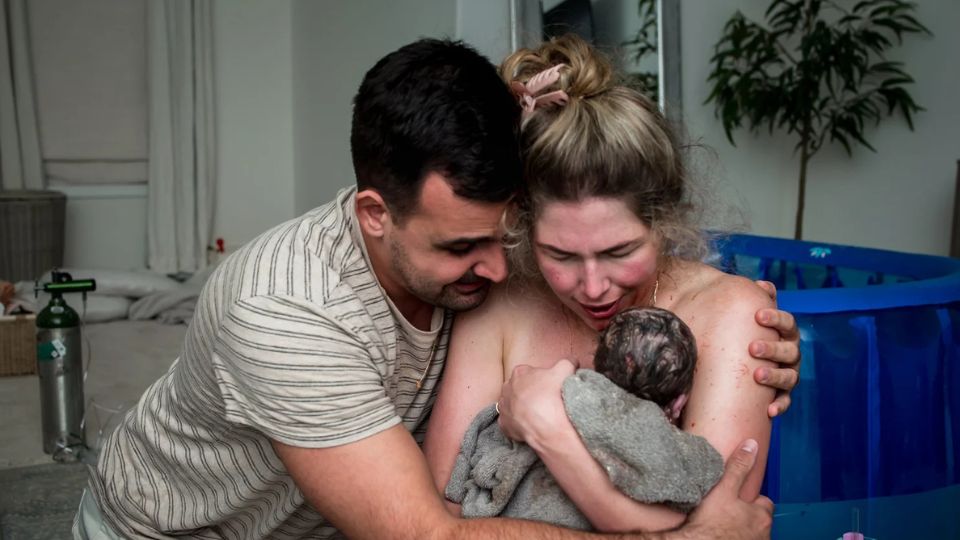Breakups can be incredibly painful, leaving us feeling lost, heartbroken, and unsure of how to move forward. Whether it was a mutual decision or an unexpected end, the aftermath of a breakup can be an emotional rollercoaster. So what do you do after your relationship is over? Step one: play The Smallest Man Who Ever Lived on repeat and belt out the bridge like your life depends on it. Maybe even find the best sad breakup songs playlist…Ok, now that we got that out, what’s next?
Dealing with a breakup is hard, and it’s not something that you should just sweep under the rug and avoid healing from. You have to work your way through it, process the relationship, and grieve what you’ve lost. There’s no magical timeframe to feel better, but by allowing yourself to feel the loss, you can begin to heal and find a new way forward.
How can I start healing?
Allow Yourself to Grieve: A breakup is a loss, and as with any loss, you have to give yourself the space to grieve. So often when we experience a breakup, we tell ourselves we have to “get it together” and minimize our feelings. You lost your current routine with your partner and the future you thought you would have together. You lost an important intimate connection. Give yourself permission to feel the layers of sadness, anger, confusion, or even relief. These feelings are all valid and part of the healing process.
Set Healthy Boundaries: In some cases, no longer having contact with your partner may not be feasible. Separation counseling would be helpful for any couple who wants to process the end of their relationship, but is especially useful in situations like having children, sharing a business, or other situations where you would still need to have regular contact with your partner. You may also look at exploring couples counseling if things feel unclear about your relationship, or infidelity counseling if you need to process an affair. If you are in a position where you don’t have any ties to your partner, consider what benefits there are for maintaining a relationship with them. Only you can decide what’s truly healthy for your emotional and mental well-being.
Take Care of Yourself: Self-care is important when you’re going through transition phases in your life, but it’s usually what gets neglected first. Take stock of what care tasks you struggle with when you’re down, and create a plan to avoid falling out of routine. You may come home feeling exhausted and want to crawl into bed as soon as you eat dinner, binge-watch reality TV, and then fall asleep. Instead of setting unrealistic expectations, recognize that sometimes you need to have nights like that, and set an alarm in the evening to brush your teeth, wash your face, and get ready for the next day.
Seek Support: Breakups are a major life transition, and they can bring up unexpected thoughts, feelings and emotions from your past that you’ve never processed. Having your support system by your side is important, but sometimes your support system will have their own feelings about the breakup. It may be helpful to have a third-party outlet where you can freely process your breakup without having to cater to the emotions and opinions of your support network. Seeking out mental health counseling can give you space to process your current loss and navigate any feelings that are surfacing as a result without the judgment that may come from friends and family.
Rediscover Your Independence: You are an incredible person who deserves to be happy, present, and thriving. Depending on how long your relationship lasted, you may struggle with your identity after a breakup and understanding who you are without your partner. This is a great time to lean into the alone time and find your independence. Think about your goals, values, and aspirations and how you are or are not in alignment with them. Try out new hobbies and find groups in your area where you can connect with others. Focus on the things that bring you joy, and do more of it! Dance in your kitchen while you cook dinner, drive with the windows down so you feel the breeze, and get your favorite treat after work. Remember what it’s like to put yourself first and enjoy your newfound independence.
By embracing your emotions, seeking support, prioritizing self-care, and focusing on self-improvement, you can navigate this challenging period and emerge stronger. Remember, healing takes time, so be patient with yourself and trust that bigger and better things are coming.
If you resonate with this blog and need support, one of our mental health counselors is here to help. We provide individual counseling in Georgia, Florida and Pennsylvania virtually, with office locations in Buford, GA and Peachtree City, GA. Book a free consultation with us today!




